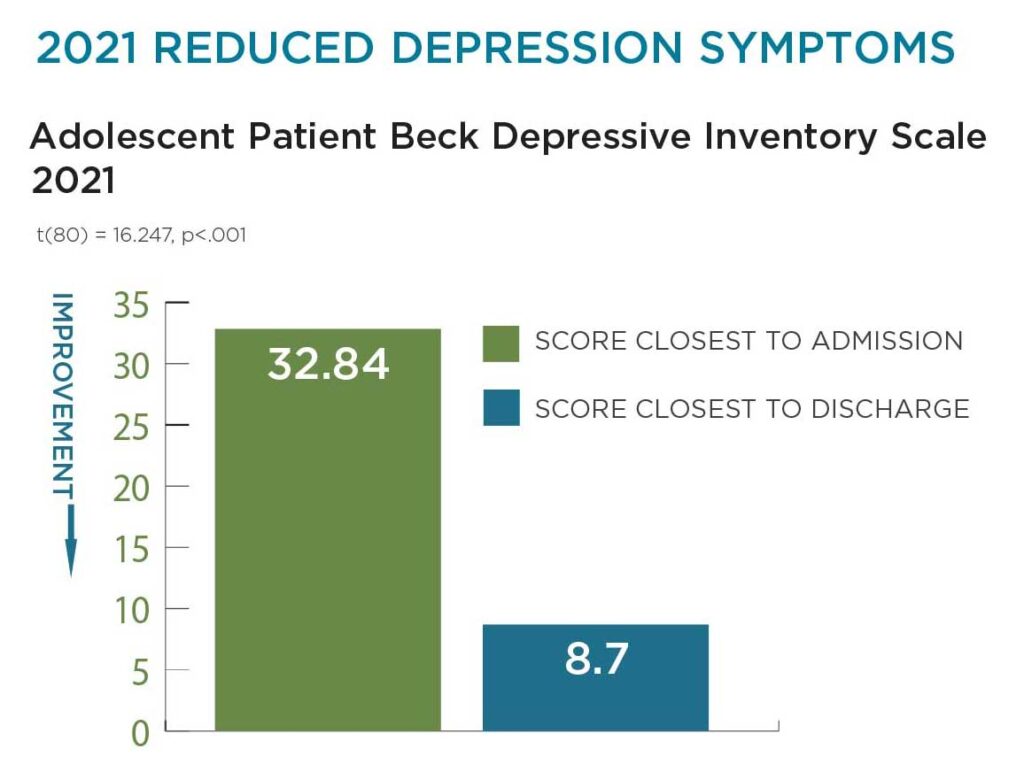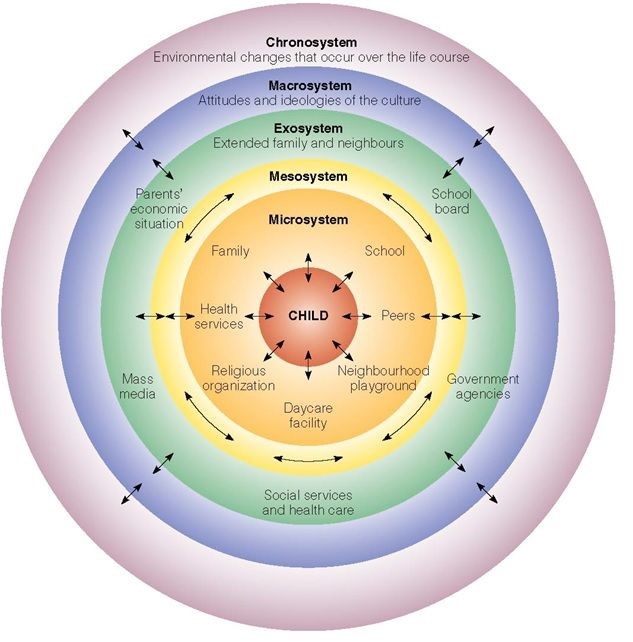2022 Journeys Magazine
Programs Update
In 2022, Skyland Trail added new therapeutic modalities for adult clients and a new outdoor recreational space for adolescent clients. Expanded community partnerships allowed for unique enrichment experiences. And our outcomes data continue to demonstrate that clients experience reduced symptoms and improved functionality as a result of participating in our evidence-based treatment programs. Community support makes many of these unique programs and experiences possible.
Adolescent Campus Expansion
Thanks to generous community support, Skyland Trail purchased a 1.99 acre property adjacent to the J. Rex Fuqua Campus for adolescents in 2021. Work to convert the undeveloped property into additional parking for the campus as well as additional recreational and expressive therapy space for adolescent clients was completed in September 2022.
The new space includes 68 additional parking spaces, outdoor fitness equipment, an outdoor performance stage, outdoor tables for groups and activities, and trails.
"We are excited to use the new space for healthy challenge, teambuilding, behavioral activation, and horticultural therapy," says Laney Edwards, CTRS, adolescent adjunctive therapies coordinator. "The new recreational therapy space will allow us to be outside more and create different experiences for our clients."
Fitness equipment installed includes:
- Push-up/Invert Bars: Great for building muscle strength as it targets the arms, back, and core
- Balance Beam: The traditional balance beam provides a true balance activity as the user must carefully walk foot over foot the entire length of the beam. There are many opportunities for advanced exercises such as balancing on one leg or jumping back and forth over the beam.
- Parallel Bars: Versatile and scalable in exercises from complete off-ground training or ability to regress exercises with feet down
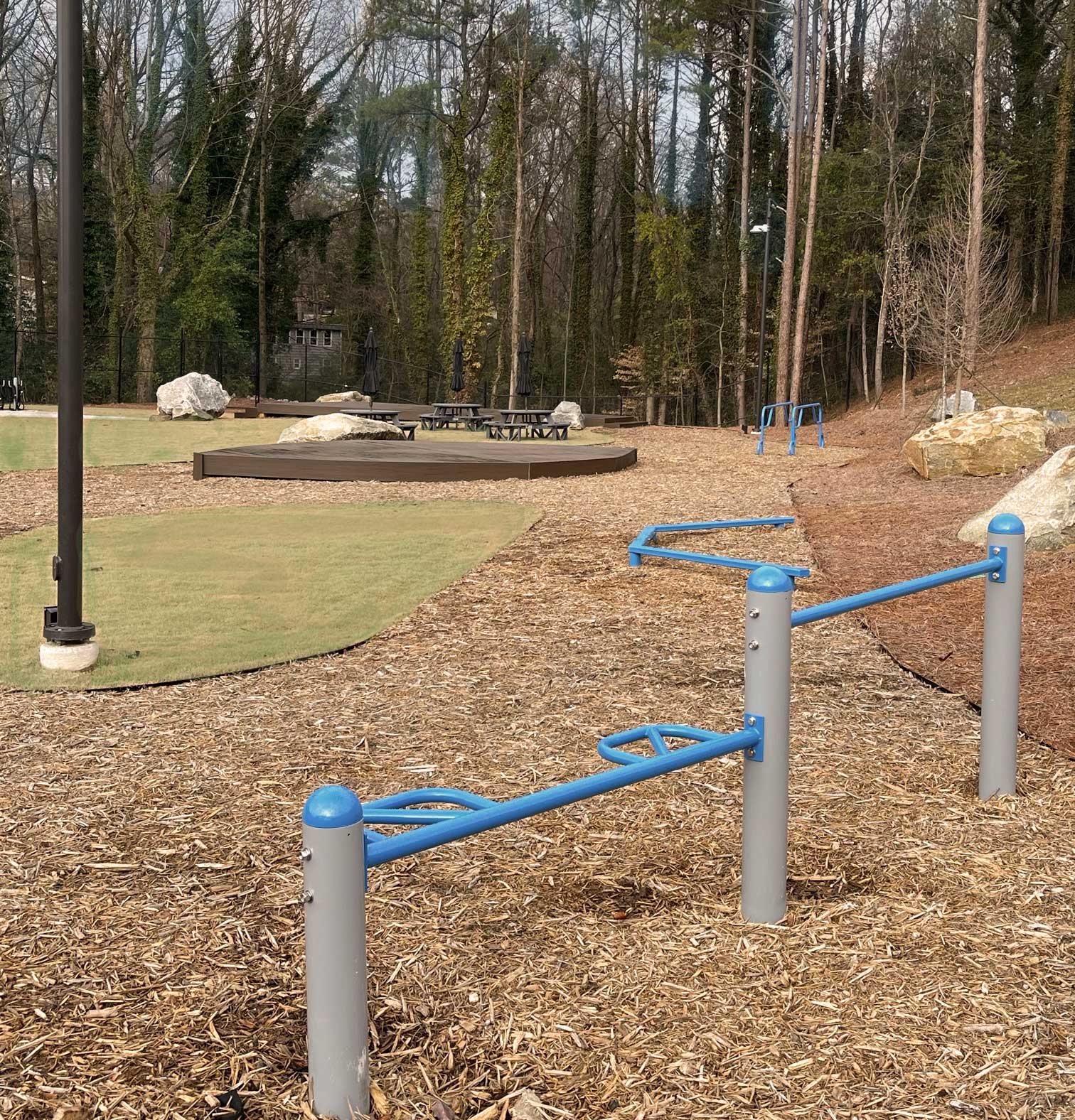
2021 Outcomes Report
Adult and Adolescent Treatment Outcomes
Skyland Trail is a trailblazer in the area of measurement-based care and outcomes research, which is an integral part of our evidence-based treatment model. Our robust outcomes and research program employs evaluative instruments considered to be the gold standards in the mental health field to measure the effectiveness of our treatment programs.
Outcome data from 2021 confirm that our unique integrated, evidence-based approach helps our patients return to their communities with reduced symptoms and improved skills to pursue more independent and productive lives.
Cognitive Processing Therapy for Posttraumatic Stress Disorder
In fall 2022, Skyland Trail began offering additional therapeutic groups for adult clients with Posttraumatic Stress Disorder (PTSD) who meet identified clinical criteria. Cognitive Processing Therapy (CPT), a form of Cognitive Behavioral Therapy (CBT), helps clients address trauma-related symptoms like anxiety, depression, shame, avoidance, etc. so that they can more effectively engage in therapy.
The Skyland Trail adult and adolescent treatment programs are evidence-based trauma-informed programs, and many clients admit with a history of trauma. The CPT program is specifically for adults with a PTSD diagnosis who have “stuck points" following a traumatic event and are struggling to make progress in treatment due to related symptoms. The treatment team uses normed, evidence-based assessments at admission to identity adult clients who meet the clinical criteria and may benefit from CPT.
Adult clients assigned to CPT groups participate in two CPT groups weekly, in addition to their assigned core recovery community group. Clients are not required to describe their trauma explicitly but are instead asked to explore the ways their traumatic experiences have impacted their thoughts, behaviors, and emotions and have created barriers to pursuing the life they want to live. Working with our CPT-trained clinicians, clients learn skills to challenge unhealthy patterns and build new skills to help them move forward.
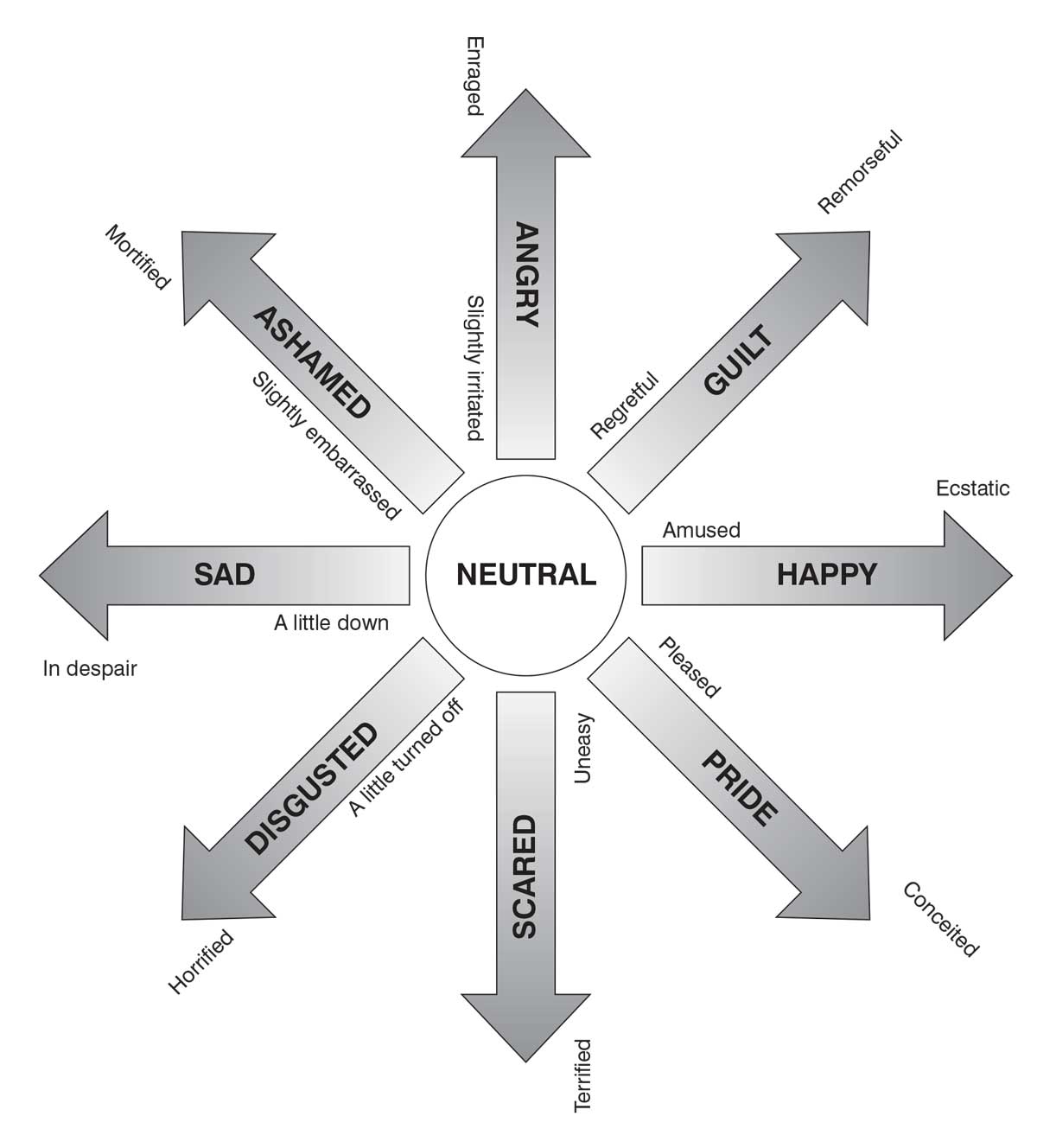
Expressive and Recreational Therapies Highlighted
In many ways, adjunctive therapies – art, music, horticultural, and recreational therapies – really are the heart of Skyland Trail. Without personal experience, it’s hard to understand how much hard work our patients put into their treatment.
Adjunctive therapies provide an important break during the day, when clients can get out of their heads and focus on something that is not their mental illness.
They can create. They can contribute to a song, a rhythm, or a community garden. They can build strength or find a calming breath. And they can be a part of team.
Through adjunctive therapies, many clients find new strategies for staying healthy and building friendships. And they continue to employ those strategies to stay healthy long after treatment.
Community Partnerships Connect Clients with Animals
From dogs, to horses, to llamas, our recreational therapies team organizes partnerships and visits to provide enrichment for teen and adult clients.
Clients also participate in art, music, and horticultural therapy each week as part of a structured weekly schedule. Recreational and expressive therapies contribute to behavioral activation goals and reinforce clients' work in talk therapy and other groups.
Horse Park Partnership
A partnership with Chastain Horse Park allows for weekly visits with horses for teen clients.
Llama Visit
A local llama farm visited the adolescent clients at the J. Rex Fuqua Campus in fall. Clients enjoyed petting the llamas' soft fur and leading them around the courtyard. Did you know that one of the ways llamas communicate is by humming?
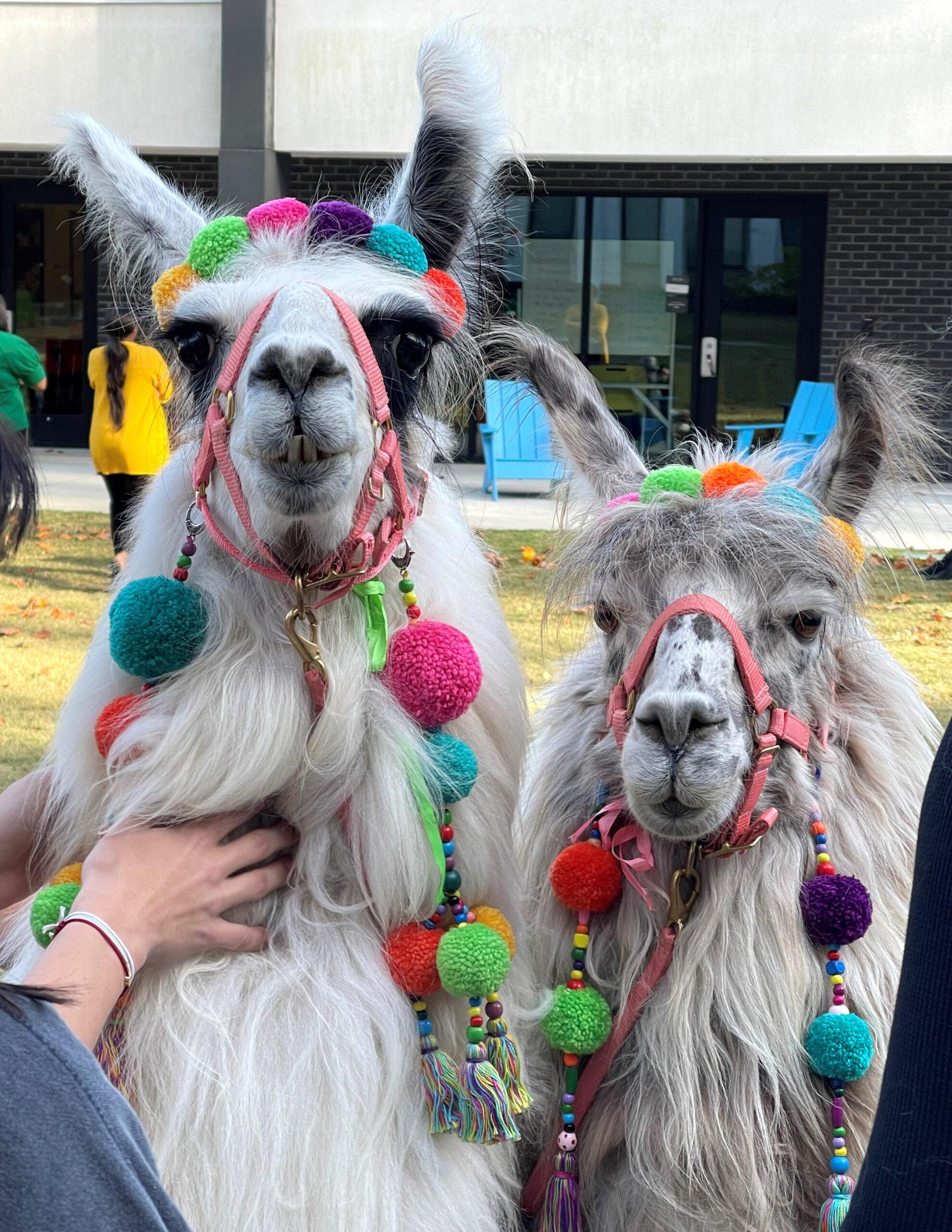
Happy Tails Pet Visits
A local pet therapy group called "Happy Tails" regularly visits adult and adolescent clients. Happy Tails visits our program for teens one Saturday each month. Many residential clients miss their pets at home and enjoy spending time with the cats, dogs, and rabbits of Happy Tails.
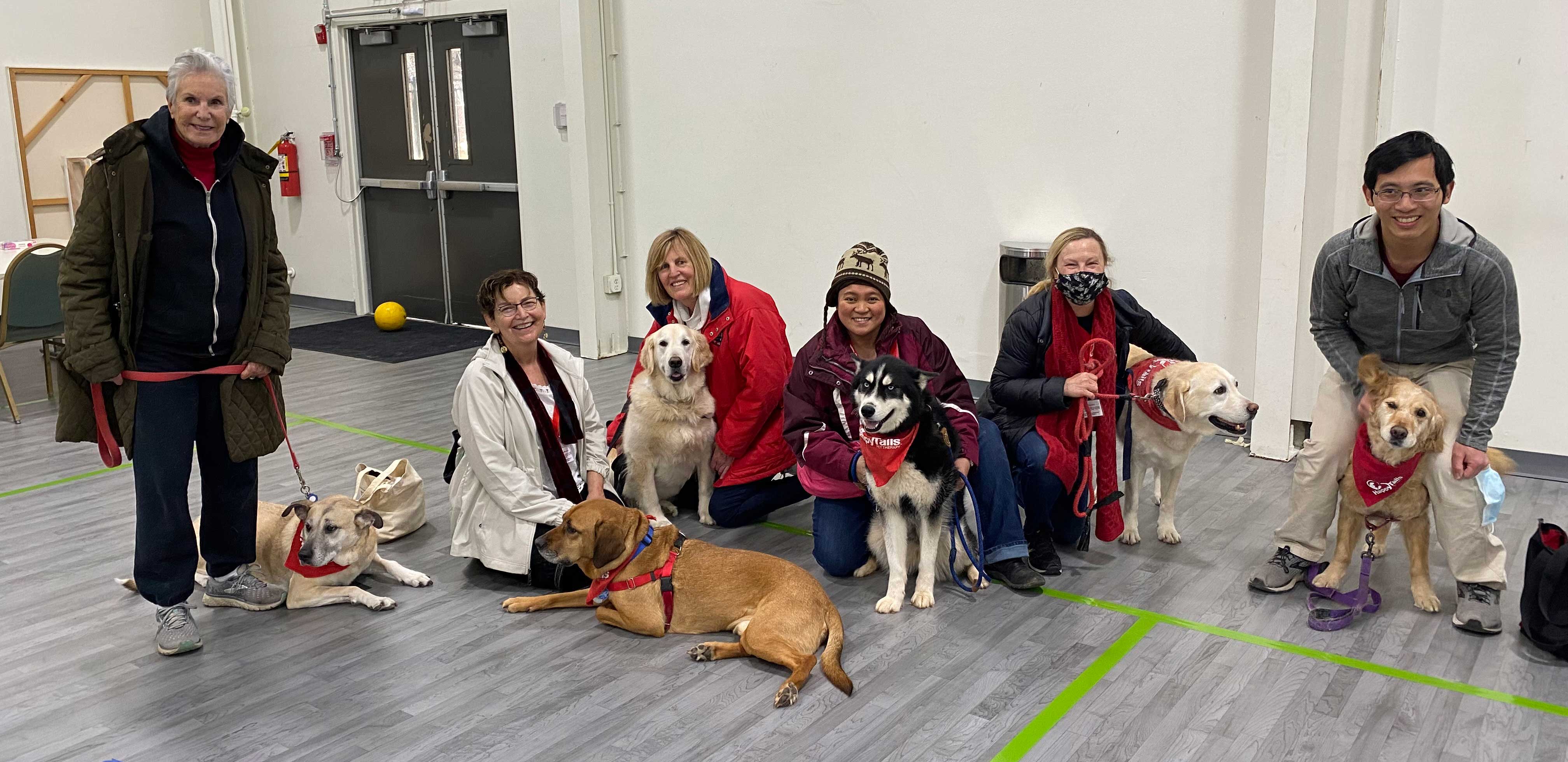
Ecological Systems Theory
Ecological Systems Theory, or EST, is an integral part of the Skyland Trail adolescent residential treatment program for teens struggling with depression and anxiety. EST informs how our clinical team conceptualizes clients and develops treatment programming. On an individual level, an understanding of EST helps our treatment providers build effective therapeutic relationships with their teen patients. Both families and their teens learn to use EST as a framework to improve relationships within the family system as well as with schools and other organizations. So what is EST?
Thank You to Our Event Sponsors
DID YOU KNOW? Skyland Trail has received the gold seal of approval from The Joint Commission since 1995.

